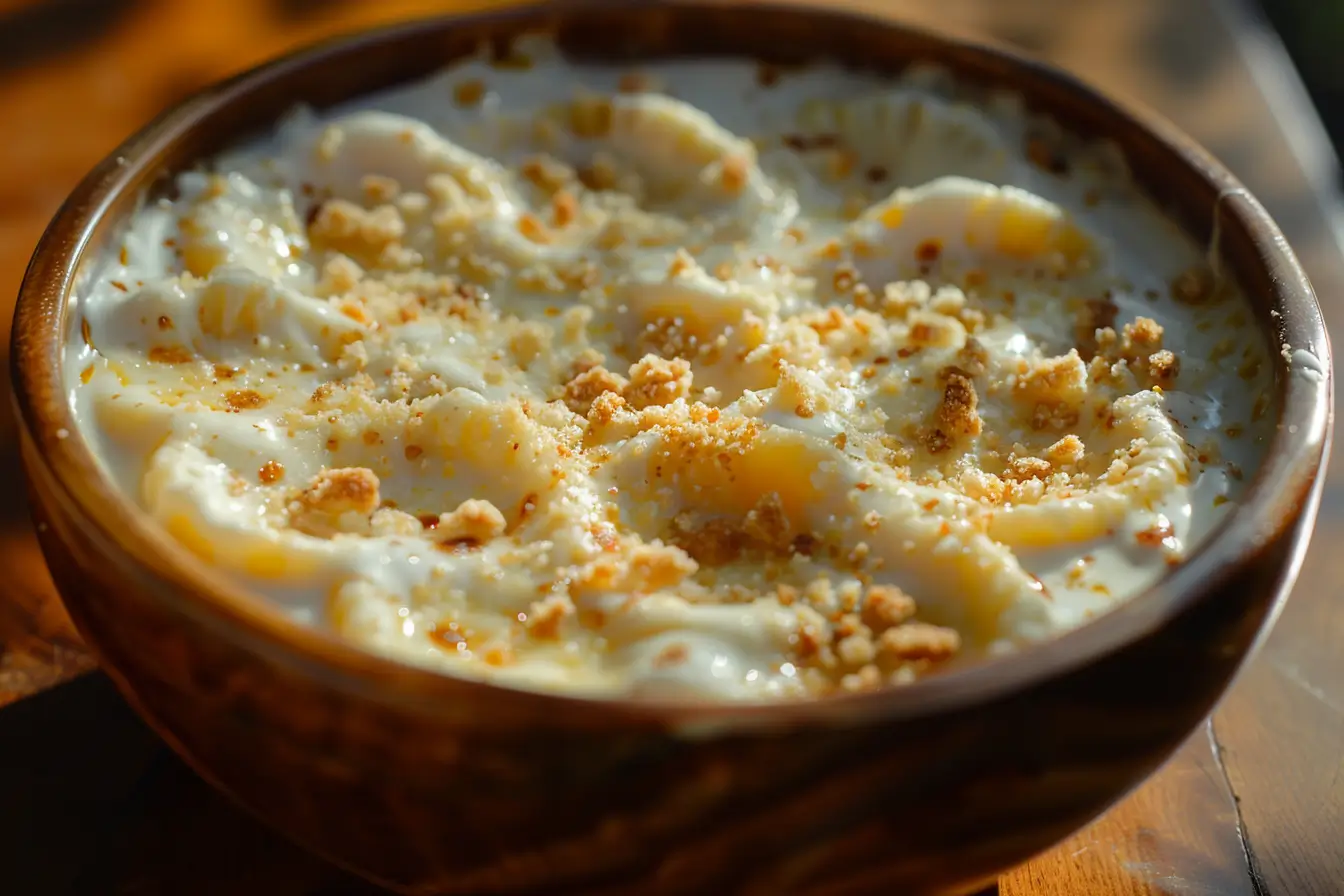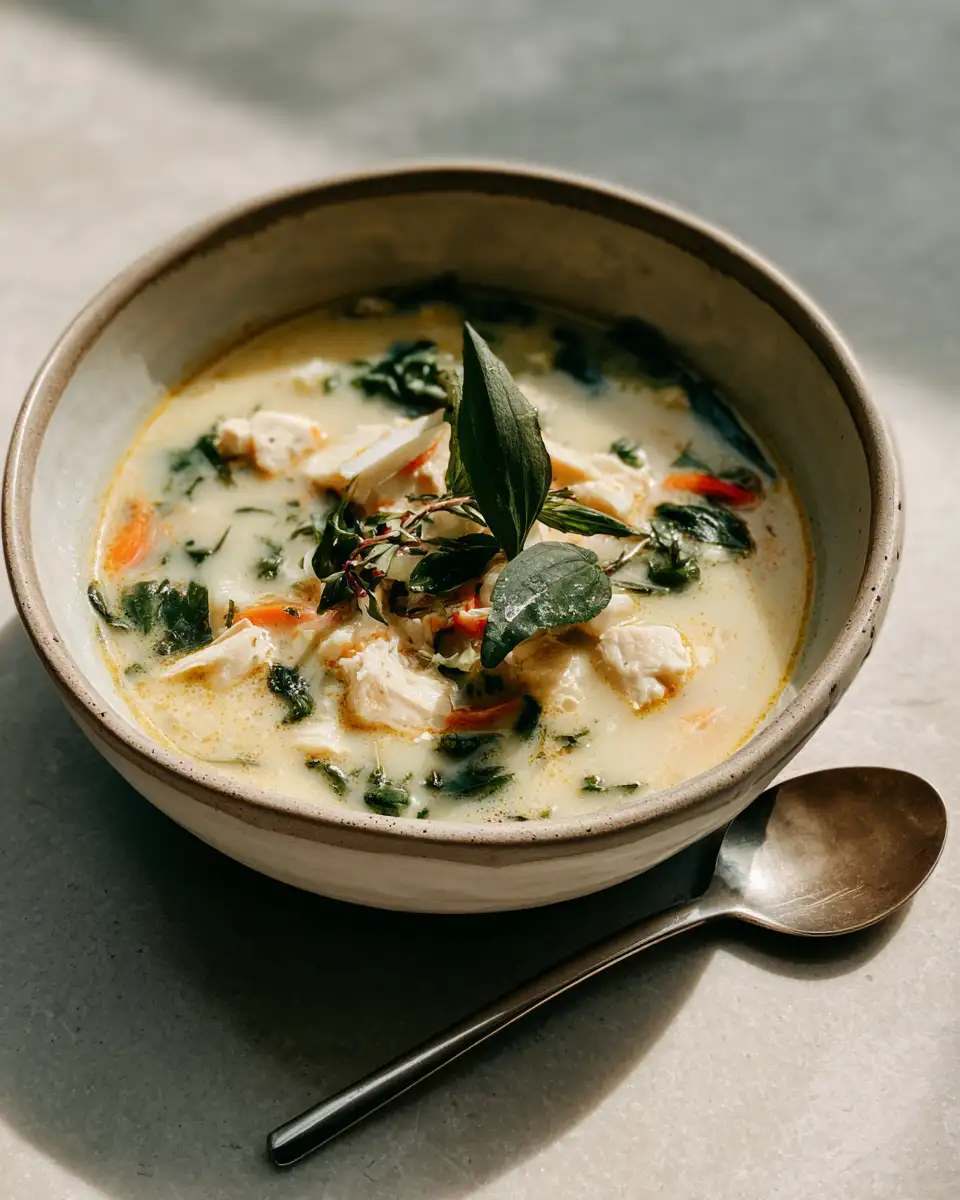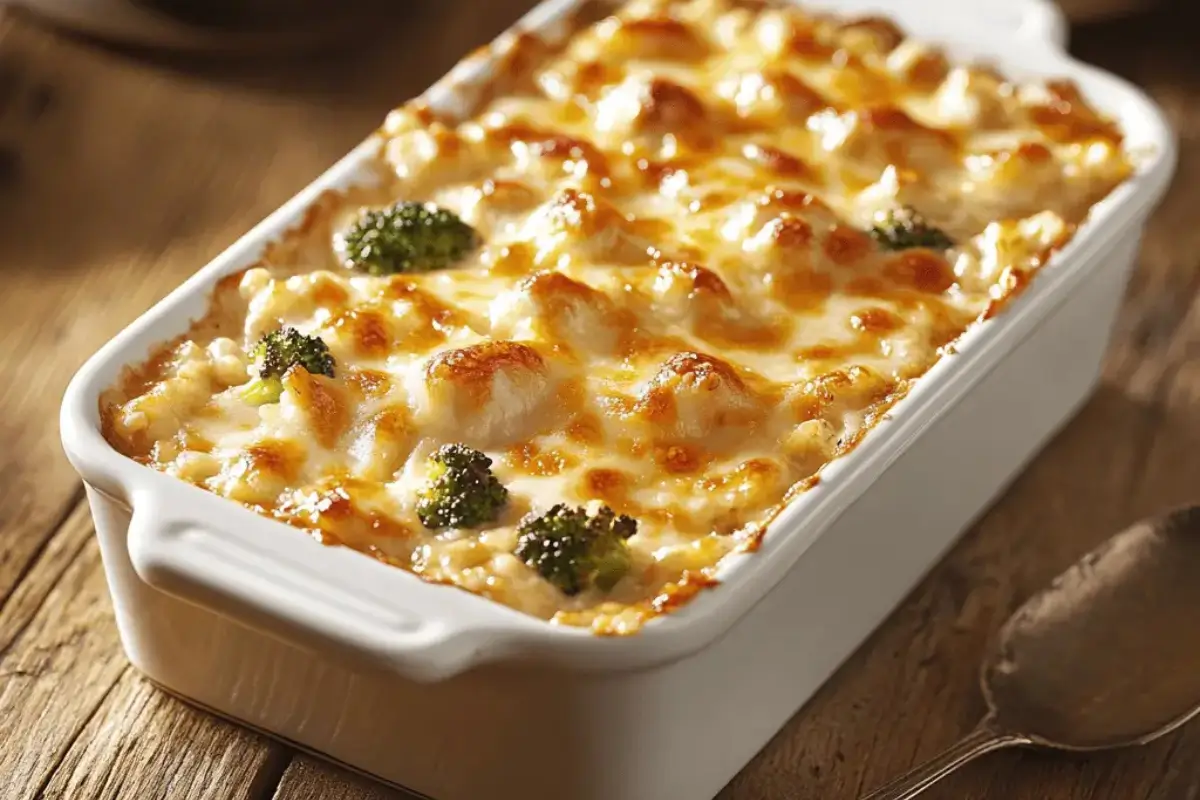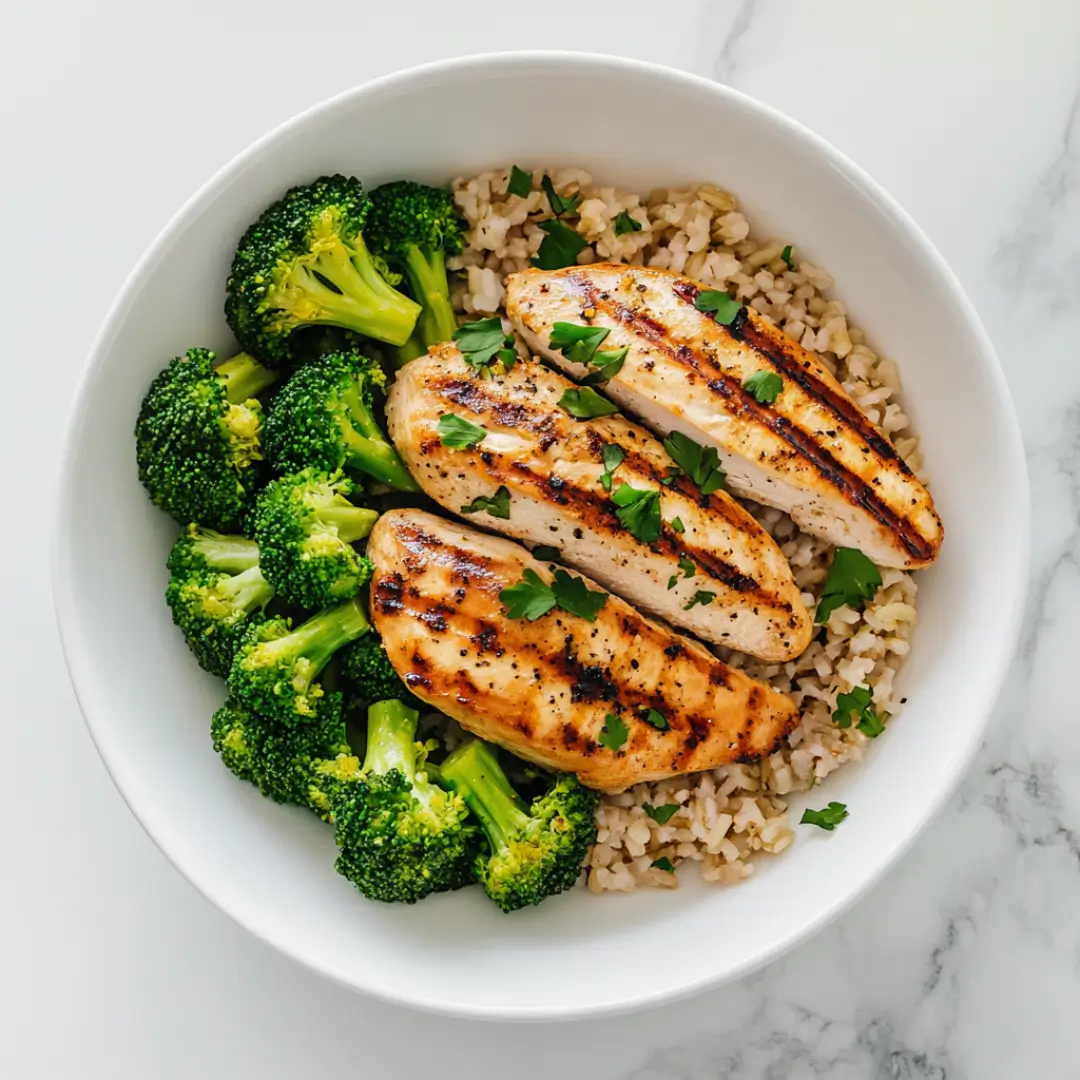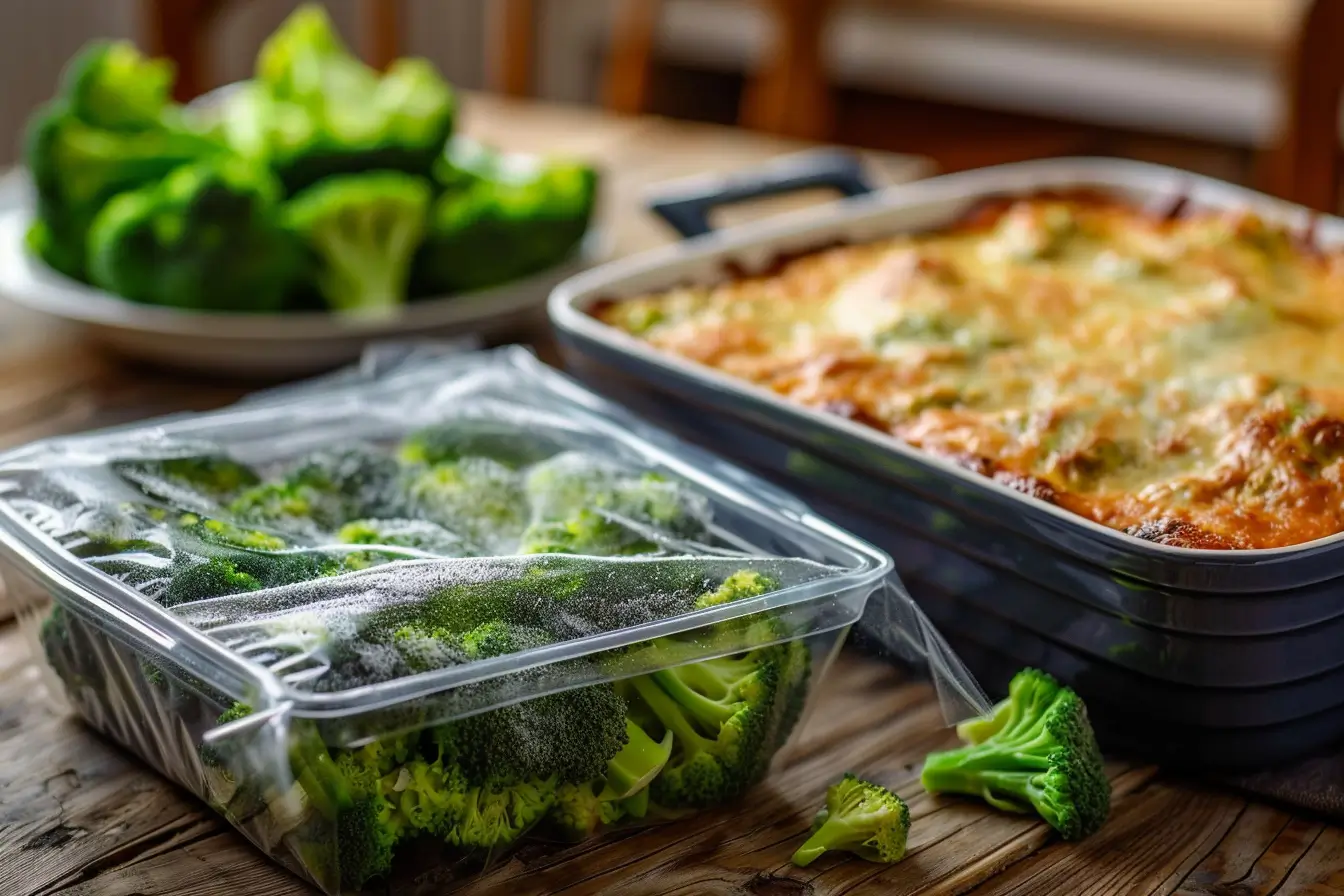Mac and cheese has been a staple comfort food for generations, but there’s something extra special about white cheddar mac and cheese. Its rich, creamy texture and bold, tangy flavor set it apart from traditional yellow cheddar versions. Whether you’re making it for a family dinner, a gathering, or just to satisfy a craving, this dish delivers the perfect balance of creaminess and cheesiness.
Why White Cheddar Mac and Cheese is So Irresistible
White cheddar mac and cheese isn’t just another pasta dish. It stands out because of the way white cheddar melts into a smooth, velvety sauce while adding a sharp, slightly nutty taste. Unlike traditional orange cheddar, white cheddar offers a more refined flavor profile that appeals to those who enjoy a deeper cheese experience.
The Secret Behind the Creaminess
The key to achieving that ultra-creamy texture is using high-quality cheese and a well-balanced sauce. White cheddar has excellent melting properties, but pairing it with a touch of heavy cream or whole milk ensures the sauce clings to every piece of pasta. The addition of butter and a bit of flour to create a roux further enhances the smooth consistency.
White Cheddar vs. Yellow Cheddar – What’s the Difference?
Many people assume the only difference between white and yellow cheddar is the color, but there’s more to it than that. White cheddar is free from annatto, a natural coloring agent added to yellow cheddar. This gives white cheddar a purer, sharper taste. Yellow cheddar tends to have a milder, slightly sweeter flavor due to the aging process and the presence of coloring agents.
Ingredients You’ll Need
To make the best white cheddar mac and cheese, it’s essential to use high-quality ingredients. Here’s what you’ll need:
| Ingredient | Quantity |
|---|---|
| Elbow macaroni | 2 cups |
| White cheddar cheese (shredded) | 2 cups |
| Parmesan cheese (optional for extra depth) | 1/2 cup |
| Butter | 4 tbsp |
| All-purpose flour | 2 tbsp |
| Whole milk | 2 cups |
| Heavy cream | 1/2 cup |
| Salt | 1 tsp |
| Black pepper | 1/2 tsp |
| Garlic powder (optional) | 1/2 tsp |
| Mustard powder (for extra depth) | 1/2 tsp |
Choosing the Best White Cheddar Cheese
The quality of cheese makes a significant difference in mac and cheese. Aged white cheddar provides a sharper, more complex flavor, while mild white cheddar melts more smoothly. For the best results, opt for a combination of both. Avoid pre-shredded cheese, as it contains anti-caking agents that prevent it from melting properly.
Other Cheeses to Mix for the Perfect Blend
While white cheddar is the star of this dish, mixing in a secondary cheese enhances both the texture and taste. Here are some great choices:
- Parmesan: Adds a nutty, salty kick.
- Gruyère: Melts beautifully and brings a slightly sweet, nutty flavor.
- Mozzarella: Creates a stretchy, gooey texture.
- Monterey Jack: Mild and creamy, helping balance out sharper cheeses.
What Cheeses to Avoid in Mac and Cheese
Not all cheeses work well in mac and cheese. Some don’t melt properly, while others can create an odd texture or overpower the dish. Here are cheeses to avoid:
- Feta: Too crumbly and doesn’t melt smoothly.
- Goat Cheese: Has a strong, tangy flavor that overpowers white cheddar.
- Blue Cheese: Too pungent and can make the sauce grainy.
- Ricotta: Works better in baked dishes but doesn’t create a smooth sauce.
Step-by-Step Recipe for Creamy White Cheddar Mac and Cheese
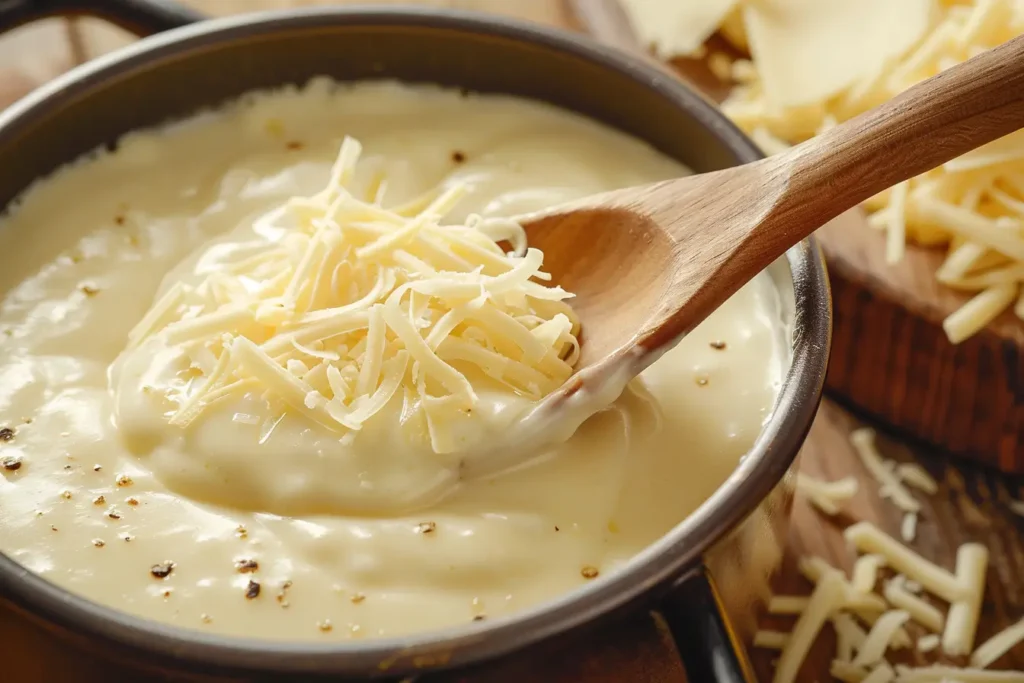
Cooking the Pasta to Perfection
The foundation of any great mac and cheese starts with the pasta. Elbow macaroni is a classic choice, but shells or cavatappi work well too. Here’s how to cook it just right:
- Bring a large pot of salted water to a boil.
- Add the pasta and cook until al dente (about 7-8 minutes).
- Drain the pasta and set it aside. Do not rinse, as the starch helps the cheese sauce cling to it.
Making the Creamy White Cheddar Sauce
The cheese sauce is what makes mac and cheese so special. Follow these steps for a rich, velvety texture:
- In a large saucepan, melt the butter over medium heat.
- Whisk in the flour and cook for about one minute until it forms a smooth paste.
- Slowly pour in the milk and heavy cream, whisking continuously to prevent lumps.
- Add salt, black pepper, garlic powder, and mustard powder for extra flavor.
- Reduce the heat to low and gradually add the shredded white cheddar, stirring until fully melted.
Combining Everything for a Silky Smooth Dish
Once the cheese sauce is ready, it’s time to bring everything together:
- Pour the cooked pasta into the cheese sauce and stir gently to coat every piece.
- Let it cook for another 2-3 minutes on low heat to allow the flavors to blend.
- Serve immediately for the best creamy texture.
Tips to Make Your Mac and Cheese Even Better
How to Get That Perfect Cheese Pull
For a gooey, stretchy texture, mix in some mozzarella or Monterey Jack cheese. These melt well and create that satisfying cheese pull.
Secret Ingredients for Extra Flavor
Want to take your mac and cheese to the next level? Try these secret additions:
- A pinch of nutmeg: Enhances the cheese’s richness.
- A splash of hot sauce: Adds depth without making it too spicy.
- Crumbled bacon: A smoky, salty addition that pairs well with white cheddar.
Common Mistakes to Avoid When Making White Cheddar Mac and Cheese
Even with the best ingredients, mac and cheese can go wrong if certain mistakes are made. Here are some common errors and how to avoid them:
Why Pre-Shredded Cheese Can Ruin White Cheddar Mac and Cheese
Pre-shredded cheese may seem convenient, but it contains anti-caking agents that prevent it from melting smoothly. Always shred cheese from a block for the best texture.
Overcooking the Pasta
Cooking pasta for too long makes it mushy and unable to hold the sauce properly. To avoid this, always cook it al dente and let it finish cooking in the cheese sauce.
Skipping the Roux
A roux—a mixture of butter and flour—is essential for thickening the cheese sauce. Skipping this step can result in a runny, uneven sauce that doesn’t coat the pasta well.
Adding Cheese Too Quickly
Dumping all the cheese in at once can cause it to clump rather than melt smoothly. Always add cheese gradually and stir continuously to achieve a silky texture.
Reheating Incorrectly
Mac and cheese can dry out when reheated. Instead of microwaving it directly, reheat it on the stovetop with a splash of milk to restore creaminess.
Best Side Dishes to Serve with White Cheddar Mac and Cheese
White cheddar mac and cheese is rich and creamy, making it perfect as a main dish or a side. Here are some great pairings:
Protein Pairings
- Grilled Chicken: Adds a smoky, savory contrast to the creamy mac and cheese.
- Crispy Bacon: A salty, crunchy topping that enhances the dish.
- Barbecue Ribs: The tangy barbecue sauce complements the cheesy goodness.
Vegetable Side Dishes
- Roasted Broccoli: A slightly charred texture adds depth to the meal.
- Garlic Butter Green Beans: Light and fresh to balance out the richness.
- Caesar Salad: A crisp, tangy salad that pairs well with the cheese sauce.
Bread Options
- Garlic Bread: Buttery, crispy, and perfect for dipping into leftover sauce.
- Buttermilk Biscuits: Soft and flaky, a great addition to a comforting meal.
- Crusty French Bread: Helps scoop up every bit of cheesy sauce.
Frequently Asked Questions
Why is white cheddar mac and cheese so good?
White cheddar mac and cheese stands out due to its sharp, tangy flavor and smooth, creamy texture. Unlike traditional yellow cheddar, white cheddar has a purer taste that pairs well with butter, cream, and spices. The lack of artificial coloring also makes it feel more natural and gourmet.
What two cheeses are best for mac and cheese?
The best cheese pairings depend on texture and flavor balance. Aged white cheddar provides sharpness, while a secondary cheese adds meltability. Some of the best combinations include:
- White Cheddar + Gruyère: Creates a nutty, complex taste.
- White Cheddar + Monterey Jack: Ensures smooth melting and a creamy consistency.
- White Cheddar + Parmesan: Adds a salty, umami depth to the dish.
What cheese does Gordon Ramsay use for mac and cheese?
Gordon Ramsay often uses a combination of white cheddar and Parmesan for a rich, well-balanced flavor. He also incorporates butter, milk, and a touch of crème fraîche to enhance the creaminess. To add depth, he sometimes includes smoked cheese or Gruyère.
What cheese should you not put in mac and cheese?
Not all cheeses work well in mac and cheese. Here are some cheeses to avoid:
- Feta: Too crumbly and doesn’t melt properly.
- Goat Cheese: Overly tangy and doesn’t create a smooth sauce.
- Blue Cheese: Too strong in flavor and can overpower the dish.
- Ricotta: Works better in lasagna but doesn’t create a creamy texture.
How to Store and Reheat White Cheddar Mac and Cheese
Best Way to Store Leftover White Cheddar Mac and Cheese
Proper storage is key to keeping mac and cheese fresh. Follow these steps:
- Let the mac and cheese cool to room temperature before storing.
- Transfer it to an airtight container.
- Store in the refrigerator for up to 3 days.
Freezing White Cheddar Mac and Cheese Without Losing Creaminess
Yes, mac and cheese can be frozen, but the texture may change slightly. Here’s how to do it:
- Let the dish cool completely.
- Place it in a freezer-safe container or ziplock bag.
- Freeze for up to 2 months.
- Thaw in the refrigerator overnight before reheating.
How to Reheat White Cheddar Mac and Cheese Without Losing Texture
Reheating mac and cheese without making it dry can be tricky. Here’s the best way:
- Stovetop: Add a splash of milk to a pan, then stir over low heat until creamy.
- Oven: Cover with foil and bake at 350°F for 20 minutes.
- Microwave: Add a little milk and heat in short intervals, stirring in between.
Preparing White Cheddar Mac and Cheese in Advance for Best Results
Preparing the Dish Ahead of Time
If you’re making mac and cheese for an event or meal prep, follow these steps:
- Cook the pasta slightly underdone to prevent it from getting mushy.
- Prepare the cheese sauce separately.
- Combine the pasta and sauce just before serving.
How to Make Baked White Cheddar Mac and Cheese
For a baked version, follow these extra steps:
- Pour the mac and cheese into a buttered baking dish.
- Top with breadcrumbs and extra shredded cheese.
- Bake at 375°F for 20 minutes until golden brown.
Final Thoughts
White cheddar mac and cheese is a timeless comfort food that balances sharp, creamy, and savory flavors. By choosing high-quality cheese, avoiding common mistakes, and adding unique twists, you can create a dish that stands out. Whether served as a side or a main course, this mac and cheese recipe is guaranteed to satisfy any cheese lover.


